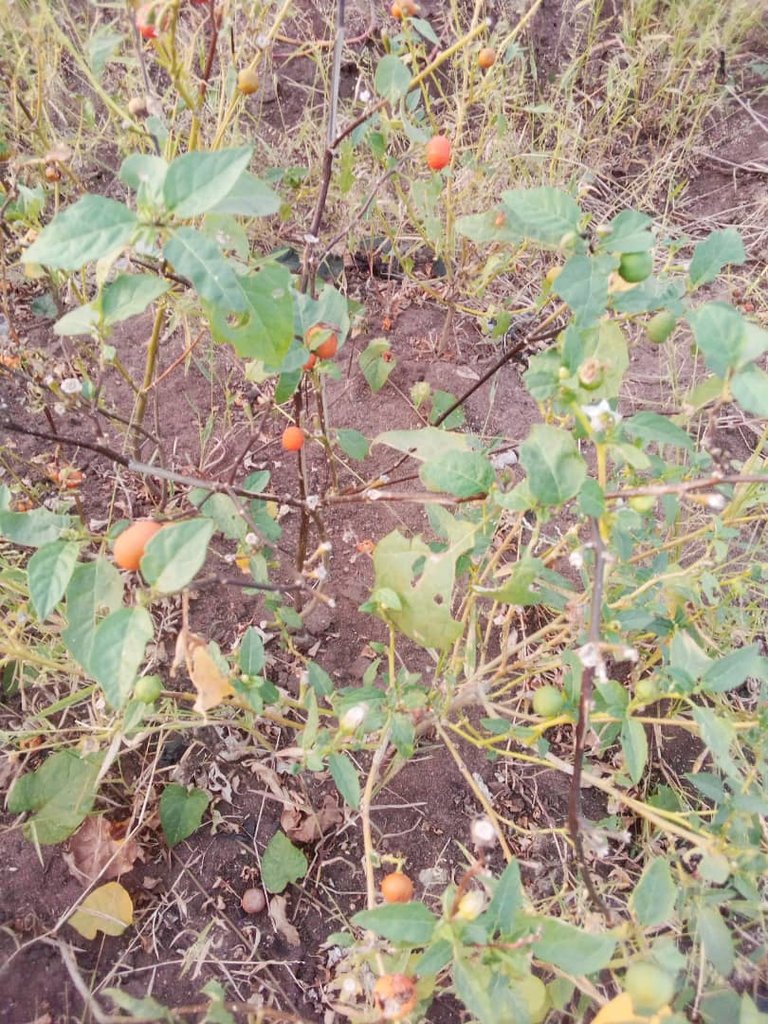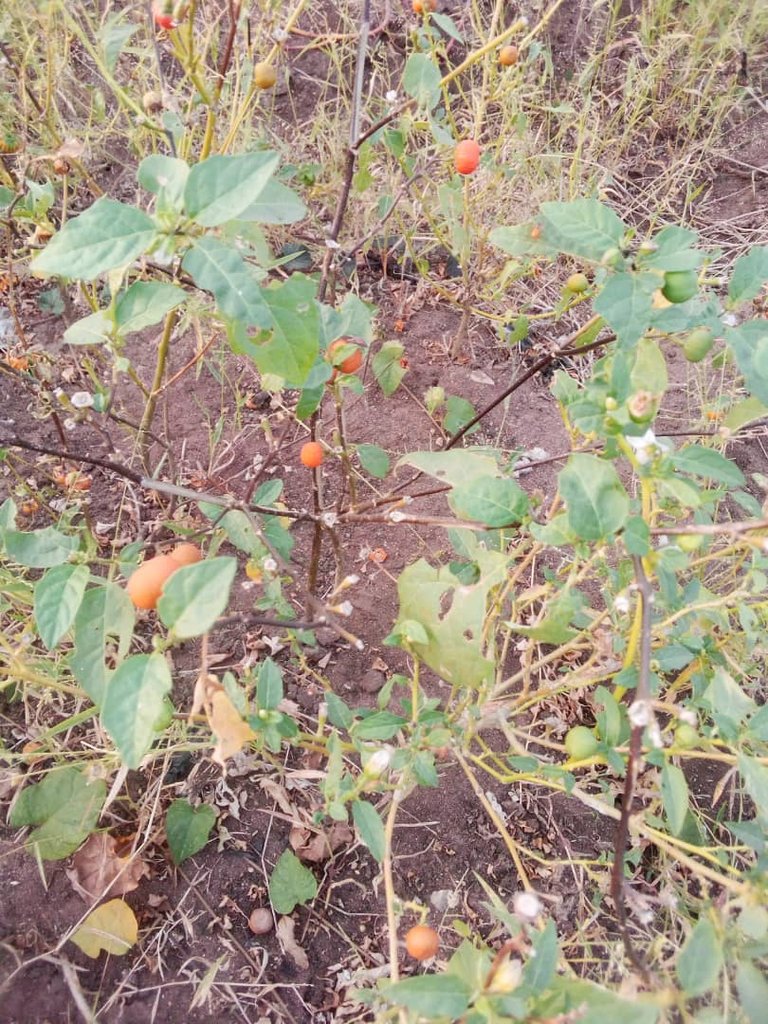Good morning my people of hive community, I believe we are all doing well. I am here this morning to share my small knowledge on how to plant Garden egg leaf.

Garden egg leaf, scientifically known as Solanum macrocarpon, is a popular leafy vegetable that is not only delicious but also rich in nutrients. Cultivating this versatile plant in your garden can provide a fresh and readily available source of greens. In this guide, we'll walk you through the steps to successfully plant and grow garden egg leaf.
- Selecting the Right Location:
Choose a well-drained area with rich, loamy soil and ample sunlight. Garden egg leaf thrives in full sunlight, so select a spot where the plant will receive at least 6-8 hours of sunlight daily.

Preparing the Soil:
Ensure the soil is well-prepared by adding organic matter such as compost or well-rotted manure. This enhances soil fertility, improves water retention, and provides the necessary nutrients for healthy plant growth.Seed Selection and Planting:
Acquire high-quality garden egg leaf seeds from a reputable source. Plant the seeds directly in the soil or start them indoors in pots, depending on your preference. Sow the seeds at a depth of approximately 1/4 to 1/2 inch and water gently.Watering and Moisture Management:
Keep the soil consistently moist but not waterlogged. Garden egg leaf plants require regular watering, especially during dry periods. Mulching around the plants can help retain soil moisture and suppress weed growth.

Fertilizing:
Apply a balanced fertilizer during the growing season to promote robust growth. Follow the recommended dosage on the fertilizer packaging, and avoid over-fertilizing, as it can lead to excessive foliage with fewer edible leaves.Pruning and Thinning:
As the plants grow, thin them to provide adequate space for each plant to flourish. Pruning can also encourage bushier growth and increase the yield of tender leaves.Pest and Disease Management:
Keep an eye out for common pests like aphids or caterpillars. Use organic pesticides if necessary, as harsh chemicals may affect the quality of the leaves. Regularly inspect the plants for signs of diseases and promptly address any issues.Harvesting:
Garden egg leaves are typically ready for harvest within 6-8 weeks after planting. Harvest the leaves when they are young and tender. Use clean, sharp scissors or shears to cut the leaves, leaving the plant's central growing point intact for continuous regrowth.Storage and Usage:
Store harvested garden egg leaves in the refrigerator for a short duration. These leaves can be used in various culinary preparations, such as soups, stews, salads, or as a side dish.
Conclusion:
Cultivating garden egg leaf in your garden is a rewarding experience that provides a fresh and nutritious addition to your meals. By following these simple steps, you can enjoy a bountiful harvest of this versatile leafy green throughout the growing season. Happy gardening!
Thanks for stopping by to read my article, I believe you enjoyed it.